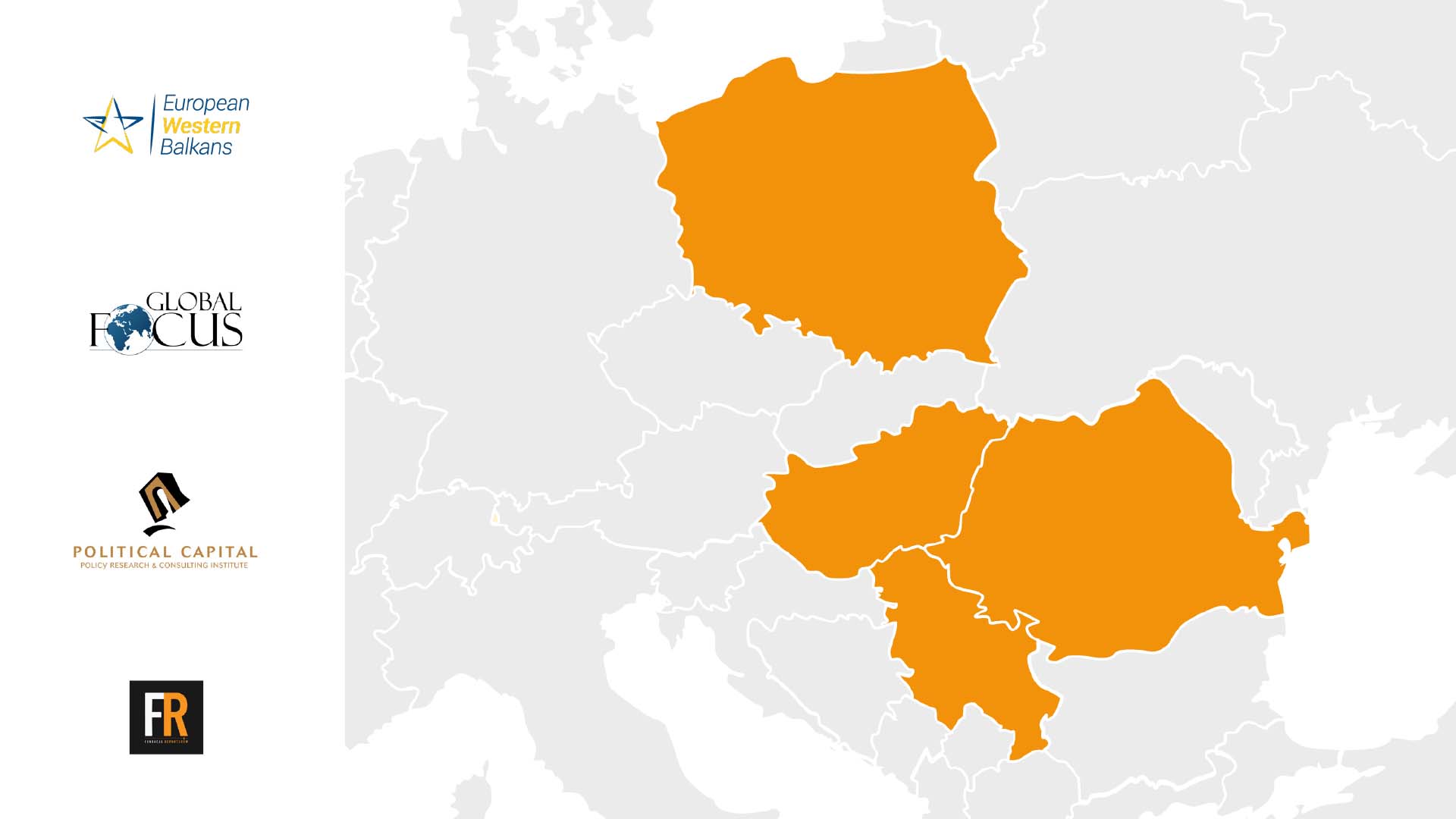The war in Ukraine has allowed some nationalist groups and even regional governments to reopen discussions on territorial revisionism and tensions with neighbours, but also to use the energy crisis that the war has created in Europe to criticise the West and attempt to demobilise popular support for Ukraine.

Russia’s war against Ukraine has opened a brand-new front for disinformation and propaganda. ‘Byproducts’ of war, such as economic shortages and the energy crisis are all exploited to deepen the anti-Western sentiment manifested by part of the Romanian population, and to widen the internal divisions in Romanian society. The influx of refugees fleeing the war (and some of the decisions the government in Kyiv took regarding ethnic minorities) is exploited by pro-Russian propaganda in addressing ultra-nationalist/anti-Ukrainian sentiments entertained by part of the Romanian population.

GlobalFocus Center has undertaken a series of interviews with relevant experts, including representatives of state institutions, politicians and independent experts in order to determine the state of government and civil society preparedness to identify and counter information manipulation and malign influence, gaps in preparedness andknowledge, and based on that, to recommend courses of action. Based on these interviews and further research we have reached the conclusions outlined below.

GlobalFocus Center (Romania) has partnered with Political Capital (Hungary) European Western Balkans (Serbia) and Reporters’ Foundation (Poland), in a joint effort to check out how Ukraine-related disinformation is reflected and used within the far-right, ultra-nationalist and extremist communities to advance goals consistent with Russian interests.

When speaking of territorial revisionism, the situation is unique in each country. This is partly due to the different frontier grievances held by nationalists and far-right groups but also due to the variable degree of compatibility between these grievances and Russian interests and propaganda.
Still, nationalist discourse in each country had similarities even before the war started. In every country, nationalists have a dream of Great(er) Serbia / Romania / Poland / Hungary and they feel they have been historically wronged and frustrated in achieving this dream.

In the studied EU countries of Poland, Hungary and Romania, the majority of respondents said they were not prepared for an increase in energy prices. In contrast, in Serbia, there was no polling data available at the time of publication. Unsurprisingly, in all three countries, the energy crisis is exploited by far right and radical elements to criticise the EU and its energy policy.
